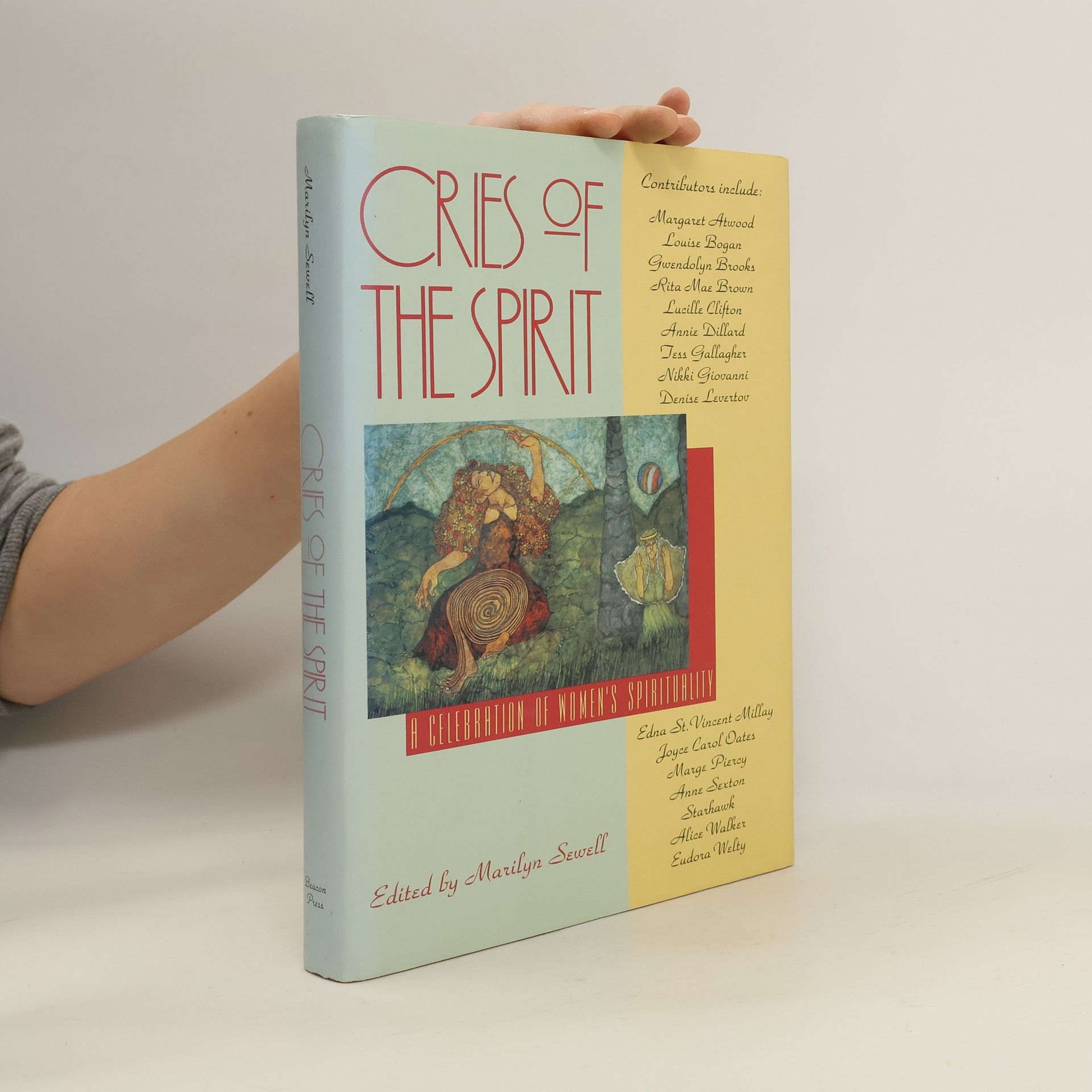Maud Martha
Roman. Übersetzt von Andrea Ott, mit einem Nachwort von Daniel Schreiber - »Ich möchte, dass alle diesen vergessenen literarischen Schatz lesen!« Bernardine Evaristo
»Maud Martha Brown« von Gwendolyn Brooks erzählt das Leben einer jungen Schwarzen Frau in den 1920ern in Chicago. Zwischen Träumen von New York, erster Liebe und familiären Herausforderungen konfrontiert sie den allgegenwärtigen Rassismus. In eindringlichen Vignetten entsteht ein eindrucksvolles Porträt ihrer Welt.


